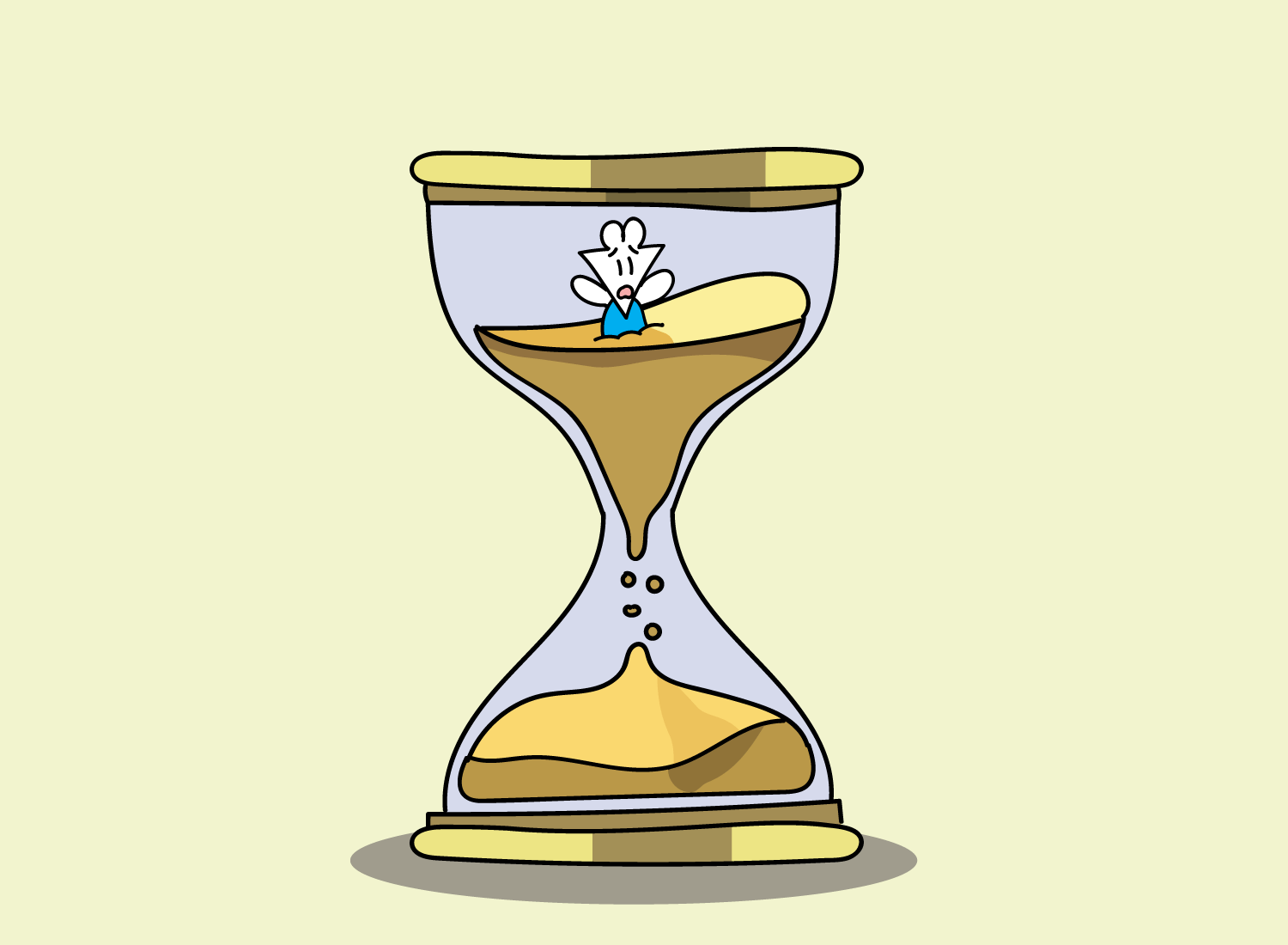The Time Trap of Productivity
In Seneca’s opening letter to his friend Lucilius, he writes:
Everything we have belongs to others; time alone is ours.
If I were to sum up the culture of productivity in one sentence, that would be it.
The reason why time management software and note-taking apps are multi-billion dollar industries is because they help us manage the most precious resource we have. Even though we use money to gauge how we spend our time (hourly wages, rates, etc.), the reality is that there’s no adequate stand-in for it. This is why almost no one would trade places with 98-year-old Charlie Munger, despite all the wealth that would come with that identity switch.
I’ve written before that productivity is closely entangled with the fear of death. Without the awareness of our mortality, there may be no need for a shield to protect our hours from the onslaught of circumstance. If I spent an entire month distracted on social media but thought that the hourglass replenishes infinitely, it’s quite possible I wouldn’t feel bad about it. But because we recognize that our hourglass has a finite number of turns, we will bemoan that month as an epic waste of time.
Simply put, productivity is a set of systems or rituals that protect us from future regret. Whenever we use Pomodoro techniques or time blocking methods, we understand the truth of our distracted minds and introduce friction to combat the entropy of attention. And for the most part, it helps. We get a lot more done and feel better about ourselves for doing it.
But with that said, there’s an inherent stress that comes with it.
Anytime you try to control or reverse disorder, you introduce tension. This is true on a sociological level, where any attempt to organize people inevitably leads to rebellion. But more relevantly, it’s also true at the individual level, and is particularly poignant in our desire to control time.
The fundamental tension is this: The more you view your time through the lens of productivity, the less you can see it through any other lens.
Burnout is often associated with working too much, but the real reason it happens is because you have defined yourself by what you produce. It’s not just the exertion of energy spent during your working hours, but the exertion of thought spent during the time you’re not working. It lives in the moment where you’re physically with your family, but mentally planning out what you need to do next. Or when you keep looking at the time when you should just be enjoying lunch.
One thing we often forget is that our measurement of time is a mere tool. We have minutes, hours, days, and so forth because they help us plan when to meet, work, and rest. We categorized time in this way to have it serve us.
But in a culture so focused on managing time, we have become subservient to it. By scheduling your day down to the last minute, you introduce an anxiety from managing your real-time progress to an imagined vision. Each glance at the clock fires off a thought about whether your day is going like it’s supposed to, or if you’re falling behind. This is a mind that always views the present through the lens of past and future, and can never be anchored in the “now.”
This is why I don’t have any productivity app to recommend or goal-setting framework to provide. Time management is important, but I feel that true exploration cannot exist within the bounds of time. It can only arise when you have clarity of mind, and that’s what I optimize for instead of scheduling out my day down to the last hour.
For me, it comes down to a few simple things: I go for a run every morning. I eat a light breakfast. I rarely drink on the weekdays. I meditate. I journal.
These are all things that aren’t defined by their time commitment. They’re not the answers one might want when asking about my productivity workflow, but that’s because it can’t be expressed as a neatly designed, well packaged app or interface.
Presence of mind is very difficult to cultivate within the bounds of man-made inventions. And that doesn’t just apply to productivity tools, but to the measurement of time itself.
_______________
_______________
For three more stories and reflections of this nature:



